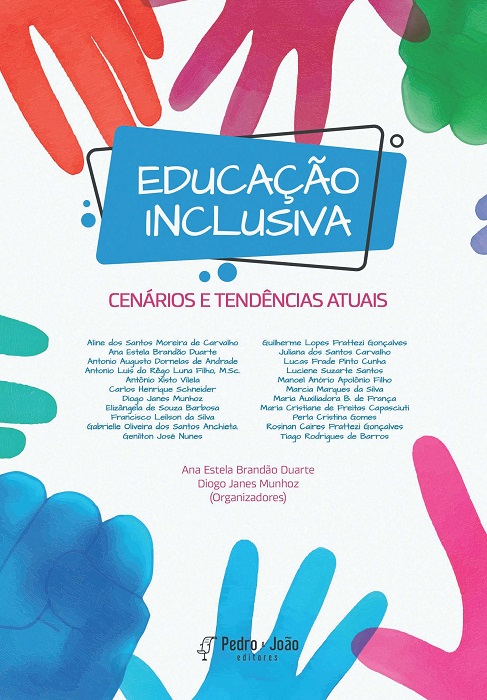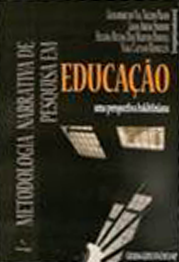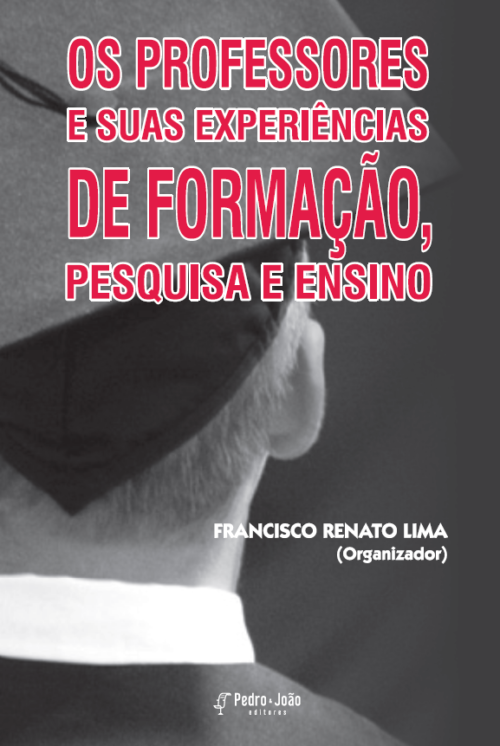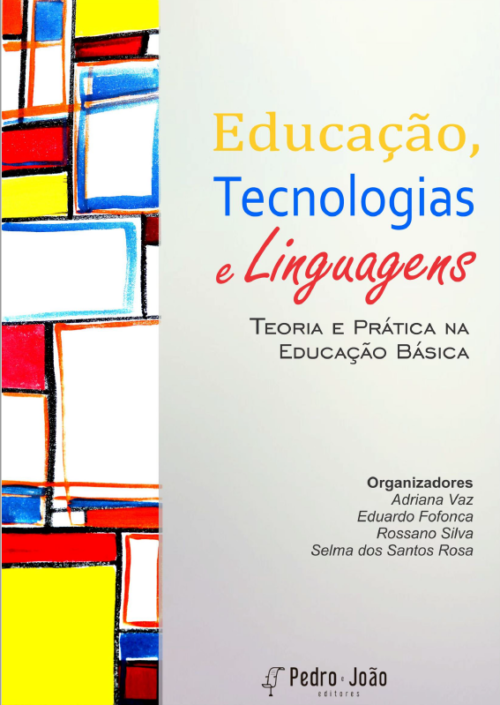
Educação inclusiva: cenários e tendências atuais
Organização: Ana Estela Brandão Duarte, Diogo Janes Munhoz
DOI: 10.51795/978655869615
PREFÁCIO
Dear readers,
Welcome to this book. Here you will find diverse perspectives that complement each other and will guide you in the comprehension of an essential topic: the importance of inclusion. But it is interesting to note that what the book does goes beyond the mere academic approach to the topic from multiple lenses. By offering a rich mosaic of human experiences that mirror our differences, this book unintentionally gifted us with the representation of what we truly are: different but the same. From perspectives of inclusion associated with the importance of caring for elderly people, to educational mechanisms to include students with disabilities, this book expands our view and increases our conscious awareness about how inclusion matters for groups that may not necessarily perceive themselves as intertwined.
Inclusion cannot happen without connection. And this book reminds us of that. Within the limitations of a book compilation, this book gives a subtle but meaningful contribution to our own awareness about how inclusion can be manifested in our lives. We cannot harm someone else without harming ourselves, from an individual to a society-based perspective. This is an importance premise for fully understanding the inclusion-connection linkage, which will be cornerstone of chapter 1.
We may be walking towards building an inclusive society, but historical challenges, particularly within the educational field, still need to be addressed to further advance the inclusion of students with disabilities. A taste of this idea can be experienced through the lenses of chapter 2, which explores the possibilities associated with inclusion of blind student in basic education.
But inclusion is not a dish that is served only in the educational and sociological academic restaurants. Chapter 3 gives a refreshing entrée which explores the topic from an unexpected place: the catholic church. As the world goes round, we return to the field of education as we expand our knowledge associated with evaluation of students in inclusive education in chapter 4.
As we take our time in better understanding how inclusion affects multiple players in the field of education, we encounter an analysis of educators as mediators in the inclusion of individuals with TDAH in education in chapter 5. Following this further, Antonio Luis do Rego Luna Filho, grounds our mindset in chapter 6 where he emphasizes a different type of connection: the connection between systemic thoughts and inclusive education.
It is personal pleasure for me to tell you that we will stay a bit longer in the philosophical swimming pool as we transition to chapter 7 and increase 10 our understanding of existential diversity and pedagogical holism. But we can only stay in the realm of abstract for so long, and this why we bring you academic research study based on the impacts of a current textual genre in special education in chapter 8. And look and behold! We are granted an extension to this grounded awareness on inclusion as we are granted an opportunity to comprehend the functionalities of multifunctional resources in classrooms.
Chapter 10 and 11, on the other hand, helps tighten the knot associated with our knowledge on advancing the inclusion of children with disabilities in education. Later, we wrap and polish our knowledge associated with inclusion with the help of Lucas Frade Pinto Cunha and Elisangela de Souza Barbosa as they guide our understanding about the role of psychology and social assistance in the shaping of inclusive education. And finally, we complete our guided journey towards inclusion with chapters 13 and 14, which respectively, honor the complementary essence of theory and applied research.
Ultimately, this book is more than a compilation. It is a menu, a mosaic, a puzzle, a quilt and it is us. It´s contribution to our knowledge associated with inclusion goes beyond the exposition of diverse perspectives. It challenges us, takes us away from our comfort zone, moves us between theory and practice, and brings us back to safety but with a newly found and complex perspective on inclusion. It gives a taste of what makes us humans, pushing us to confront our certainties and challenging us to reflect and consider perspectives that makes us grow. This book is a gift. Open this gift and allow yourself to navigate every single emotion that each chapter may trigger in you. Beyond the realm of words, you will find what you truly feel about inclusion as you navigate these pages. Let them take you on a journey back to yourself and you will be surprised with the riches that you will gather in this literary adventure towards inclusion.
Enjoy the gift!
Anna Barbosa
Executive Director of the US NGO Empowerment Through Integration (ETI)
| Ano de lançamento | 2021 |
|---|---|
| ISBN | 978-65-5869-614-8 |
| ISBN [e-book] | 978-65-5869-615-5 |
| Número de páginas | 191 |
| Organização | Ana Estela Brandão Duarte, Diogo Janes Munhoz |
| Formato |




